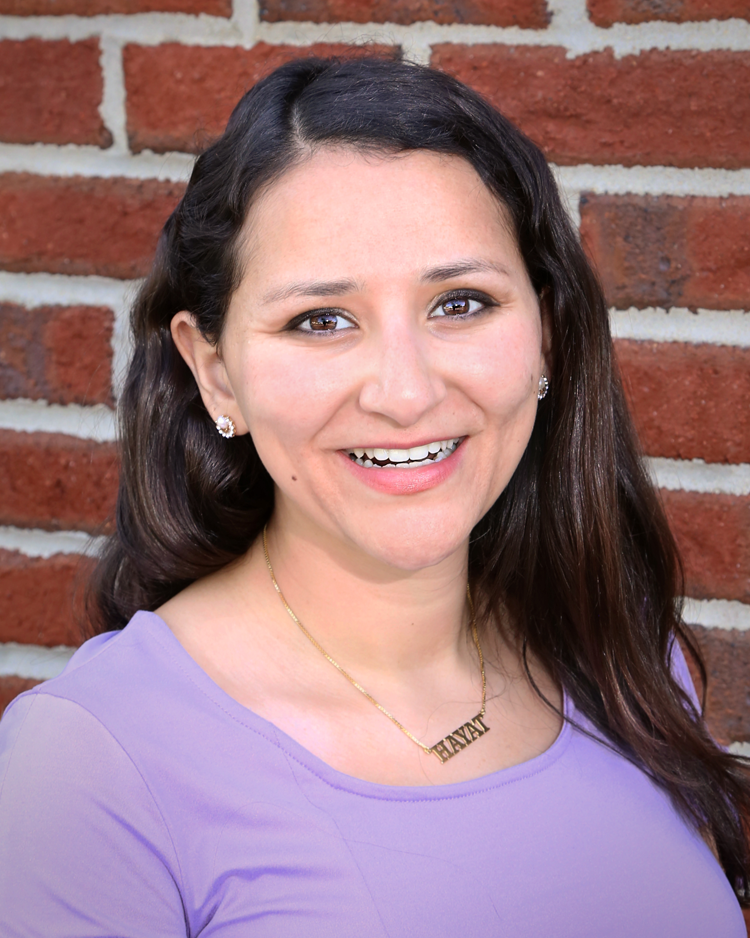
M
919.772.1990
Browse Blog
Listen In
919.772.1990
Browse Blog
Listen In
Quick Links
Services
Medication Management
One80 Locations

Hayat Shawwa, LCSW
Emotional safety. It’s what we are all looking for, and too often fail to find. In a world where we are constantly surrounded by so many people, it’s ironic that it’s become so hard to find. It’s often what brings people to therapy.
The truth of the matter is, not everyone in our lives, friends and family included, are emotionally safe spaces for us. There is some level of judgment, invalidation, lack of understanding, or dismissiveness we feel from them when we open up about our most vulnerable thoughts, feelings, insecurities, and fears. But that’s okay, not everyone we know can realistically be an emotionally safe person for us. It’s our job to identify the small handful or few people that are and it’s also okay for us to set respectful boundaries around the people who don’t feel emotionally safe.
When working with my clients on identifying emotionally safe people in their lives, I like to make them stop and think if they’re emotionally safe for the people in their lives as well. So what makes a person emotionally safe? I’m glad you asked!
So think about the relationships in your life that you value the most, and think to yourself, do I find emotional safety within those relationships and can I provide emotional safety to them as well? Show grace and patience with those people as we can’t always be that safe space for others 100% of the time. It’s okay to take time out to be an emotionally safe space for ourselves.

is a Licensed Clinical Social Worker. Read Full Bio
I’ve noticed that some clients think therapists are magicians and that therapy is magic. And if the magic doesn’t kick in after one or two sessions (3 tops!), then therapy isn’t working. Now the thing is, therapy can begin to “work” after one or two sessions, depending on the client and the presenting problem. It may even work after one session, and this is where therapy can be magical–if we understand what the magic really is.
I used to want to live a life without regret. That was my actual goal. By a life without regret, I meant a life with a clear conscience. A life where I don’t make stupid or avoidable mistakes that have lasting consequences. And that is still my goal. But I stumbled on something in my time of meditation:
Is this therapist a good fit? (How to know in 15 minutes or less) by Olatunde Howard, MA, LMFTYou need therapy, but you don’t know where to start. You look up therapists. You find one you think...